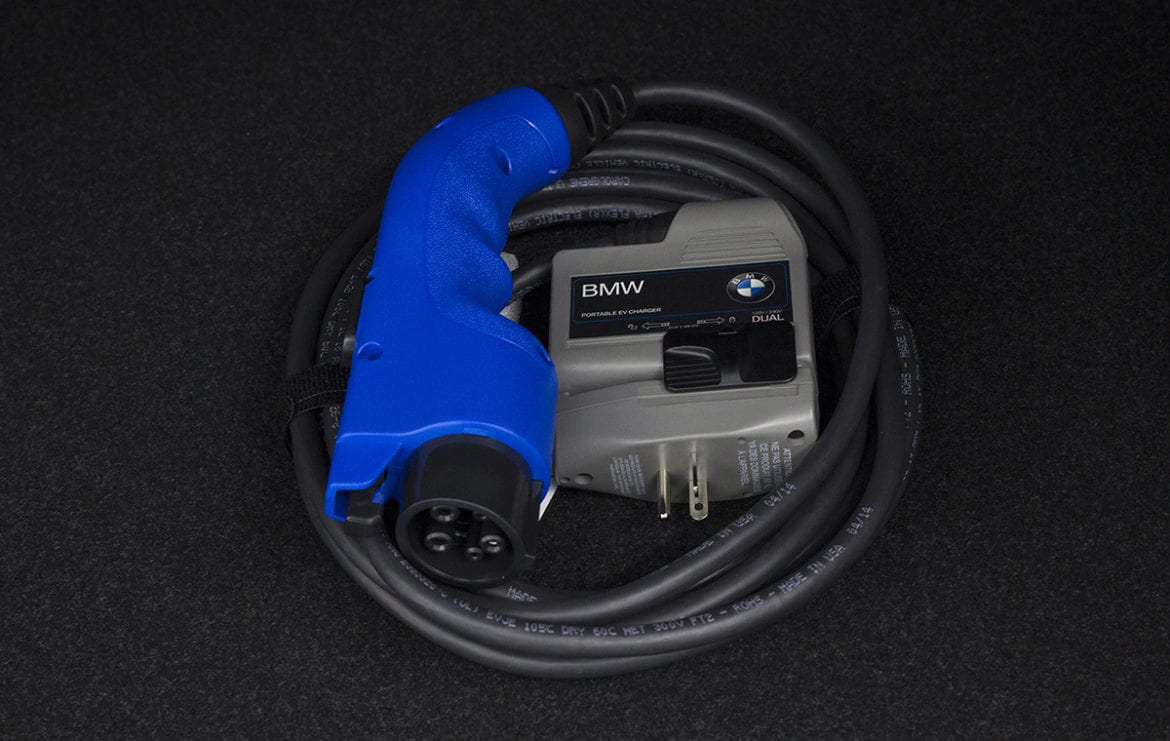BMW has issued a recall for the electric car charger of nearly all 2018 and 2019 plug-in hybrid models they have built for sale in the U.S. According to the recall notice posted on the National Highway Traffic Safety Administration’s (NHTSA) website, the recent BMW recall is due to the possible failure of the capacitors within the TurboCord Portable Chargers, which could result in a shock hazard or a fire.
BMW of North America announced that the recall will affect the following 2018 and 2019 plug-in hybrid models:
- 2018 BMW 330e iPerformance
- i3 Rex and i3 Sport Rex
- X5 xDrive40e
- i3 BEV and i3 Sport BEV
- MINI Cooper Countryman SE All4 PHEV
- 2019 i8 and i8 Roadster
- 2018-2019 530e iPerformance
- 530e xDrive iPerformance
- 740Le xDrive iPerformance vehicles
In total, the recall covers 3,501 vehicles.
The recall notice found on the NHTSA’s website warns, “An electrical shock or fire can increase the risk of injury or death.”
As stated before, the issue that led to the recall does not stem from the vehicles themselves, but instead from their TurboCord portable charging cables. BMW allegedly received a faulty batch of electric car charger cables, which were possibly included with the above vehicles at BMW’s distribution centers. The electric car charger cables may contain incompatible capacitors inside that could potential cause a shock hazard of fire if they were to fail. As such, the recall does not affect charging the vehicles in question with permanently installed home chargers, Level 2 chargers, or charger cords purchased from third party sources, but only cords supplied by BMW directly.
BMW will notify owners in the following weeks to bring their vehicles in for inspection. Any cables purchased from BMW directly will be replaced at no charge, while owners who have already purchased replacements will be reimbursed. The recall is expected to begin November 12, 2018.
There have not been any reports of injuries or fires as a result of the faulty charger cables at this time.
Source: NHTSA
